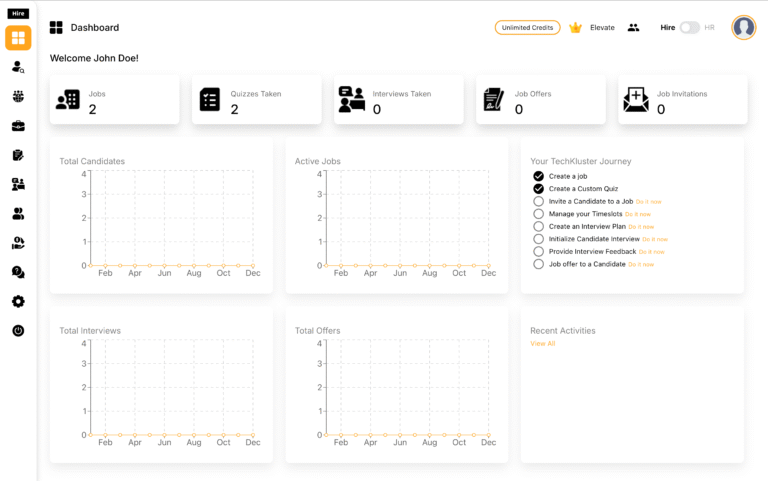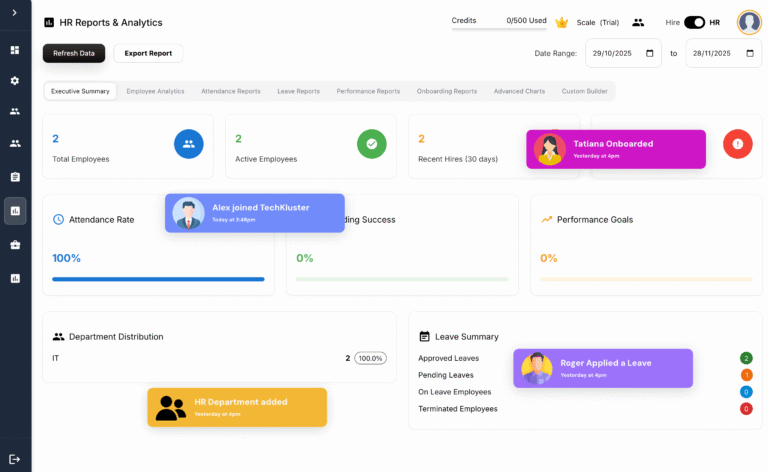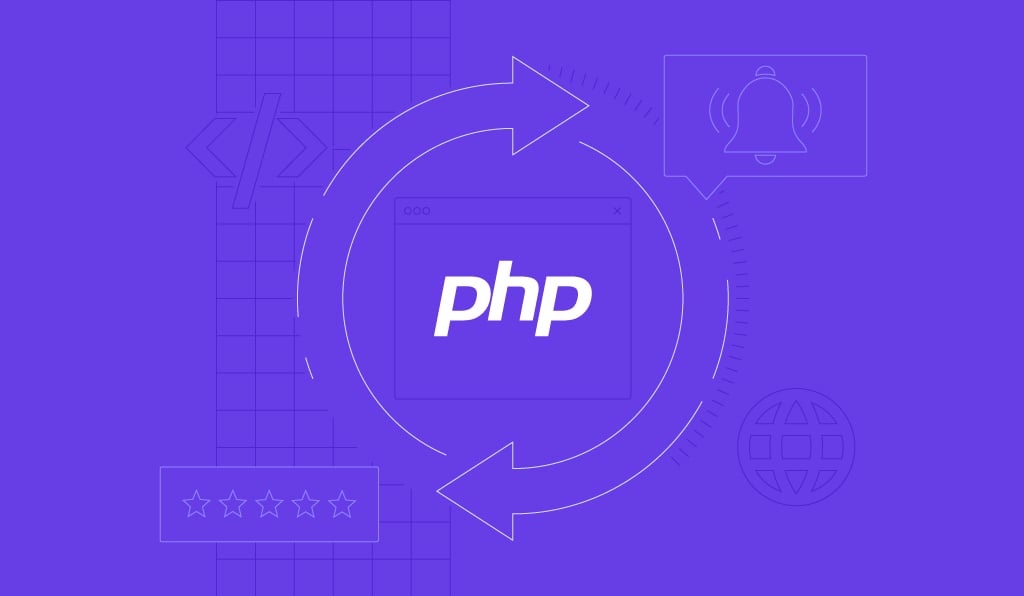PHP is a widely used scripting language for web development. It is easy to learn and can be used to create dynamic websites and web applications. In this answer, we will provide some tips on how to master PHP as a beginner. Introduction PHP is a server-side scripting language that is used to create dynamic …
PHP is a widely used scripting language for web development. It is easy to learn and can be used to create dynamic websites and web applications. In this answer, we will provide some tips on how to master PHP as a beginner.
Introduction
PHP is a server-side scripting language that is used to create dynamic websites and web applications. It is open-source and free to use. Learning PHP can be a great way to start a career in web development.
Basics of PHP
A. Variables – Variables are used to store data in PHP. They can be assigned values using the assignment operator “=”.
Example:
$name = "John";
$age = 30;B. Operators – PHP has several operators that can be used to perform mathematical and logical operations.
Example:
$x = 5;
$y = 10;
$sum = $x + $y;
$product = $x * $y;
C. Control Structures – Control structures are used to control the flow of a program. PHP has several control structures, including if/else statements and loops.
Example:
$age = 30;
if ($age > 18) {
echo "You are an adult.";
} else {
echo "You are not an adult.";
}D. Functions – Functions are used to perform a specific task. PHP has several built-in functions, and you can also create your own functions.
Example:
function sayHello($name) {
echo "Hello, " . $name . "!";
}
sayHello("John");Object-Oriented Programming (OOP)
A. Classes and Objects – PHP supports object-oriented programming, which allows you to create classes and objects.
Example:
class Person {
public $name;
public $age;
public function __construct($name, $age) {
$this->name = $name;
$this->age = $age;
}
public function sayHello() {
echo "Hello, my name is " . $this->name . ".";
}
}
$person = new Person("John", 30);
$person->sayHello();B. Inheritance – Inheritance allows you to create a new class based on an existing class.
Example:
class Student extends Person {
public $studentId;
public function __construct($name, $age, $studentId) {
parent::__construct($name, $age);
$this->studentId = $studentId;
}
public function sayHello() {
echo "Hello, my name is " . $this->name . " and my student ID is " . $this->studentId . ".";
}
}
$student = new Student("Jane", 20, "123456");
$student->sayHello();Frameworks
Laravel
Laravel is a popular PHP framework that is used to create web applications. It is easy to use and has many built-in features.
Symfony
Symfony is another popular PHP framework that is used to create web applications. It is highly customizable and has a large community of developers.
Tips for Mastering PHP
Practice
Practice is the key to mastering PHP. Write code every day and experiment with different techniques.
Read Documentation
PHP has extensive documentation that can be a great resource for learning.
Join Online Communities
Join online communities such as forums and social media groups to connect with other PHP developers and learn from their experiences.
Take Online Courses
There are many online courses available that can help you learn PHP and become proficient in it.
Conclusion:
In conclusion, mastering PHP as a beginner requires a combination of learning the basics of PHP, understanding object-oriented programming, exploring popular frameworks, and practicing regularly. By following these tips, you can improve your skills and become proficient in PHP, setting yourself up for a successful career in web development. Remember to keep practicing and exploring new techniques to continue to grow your skills.






